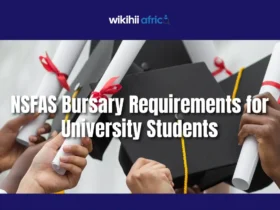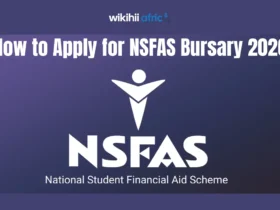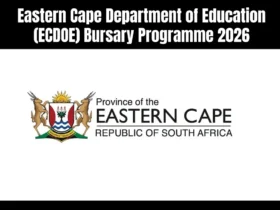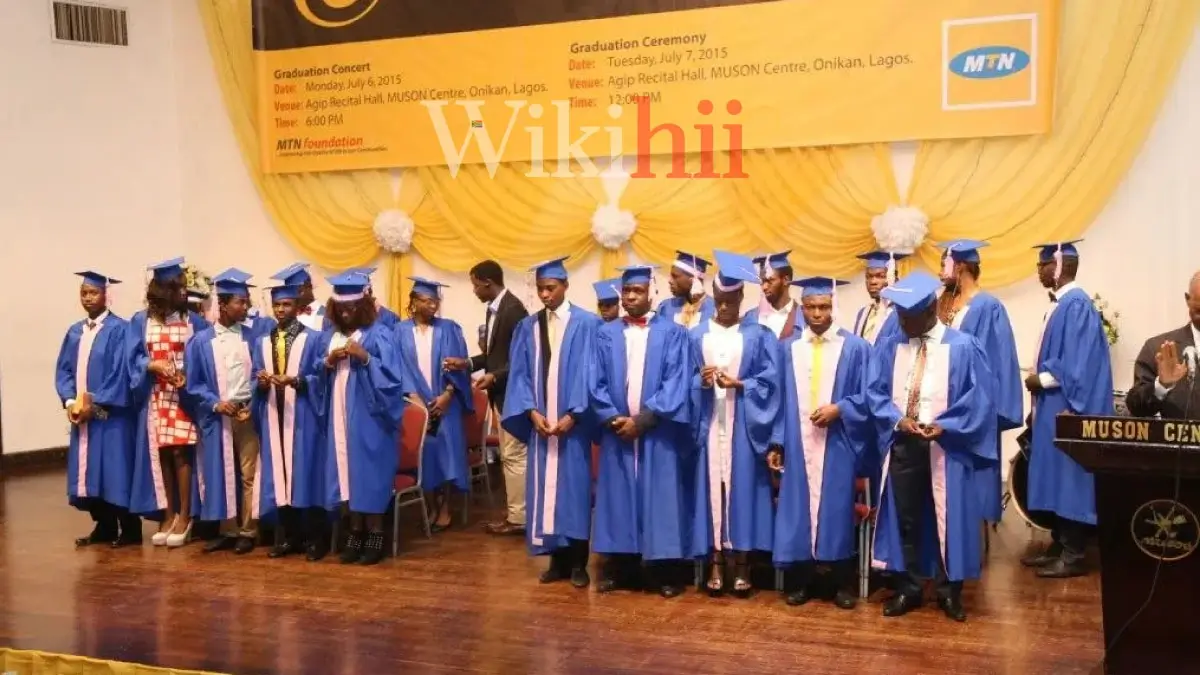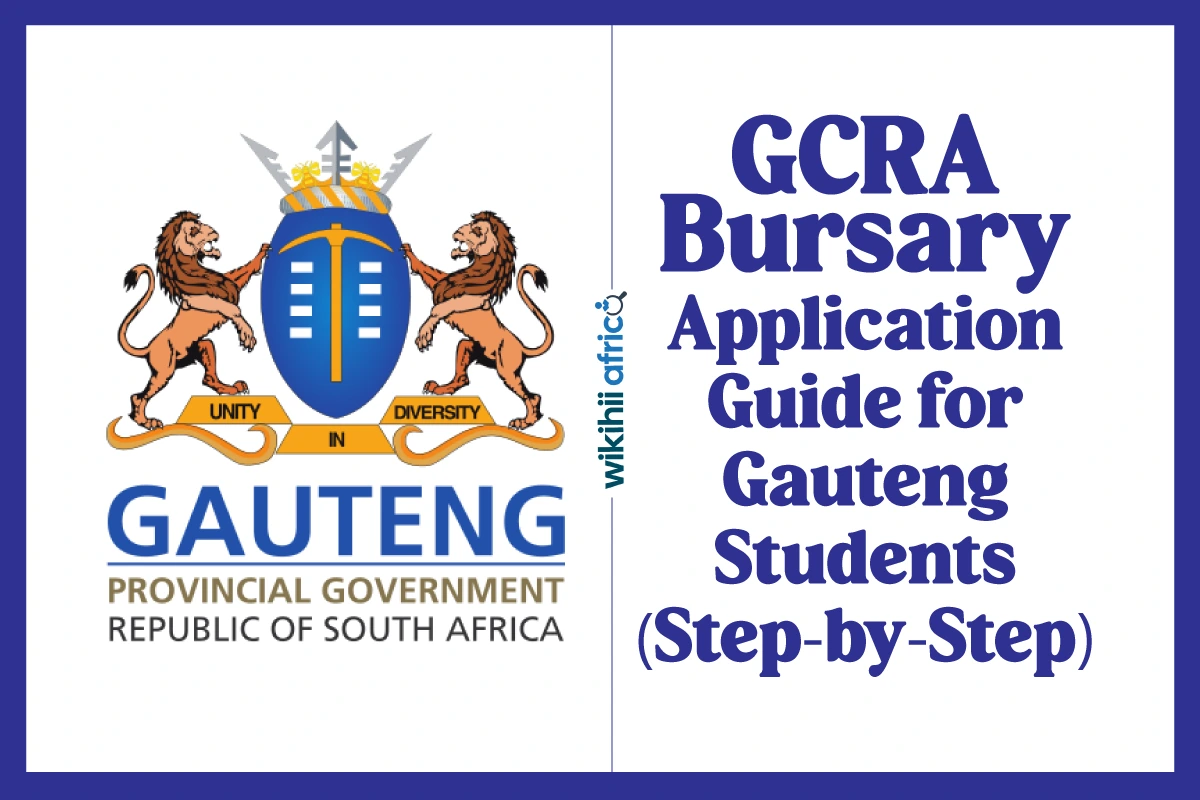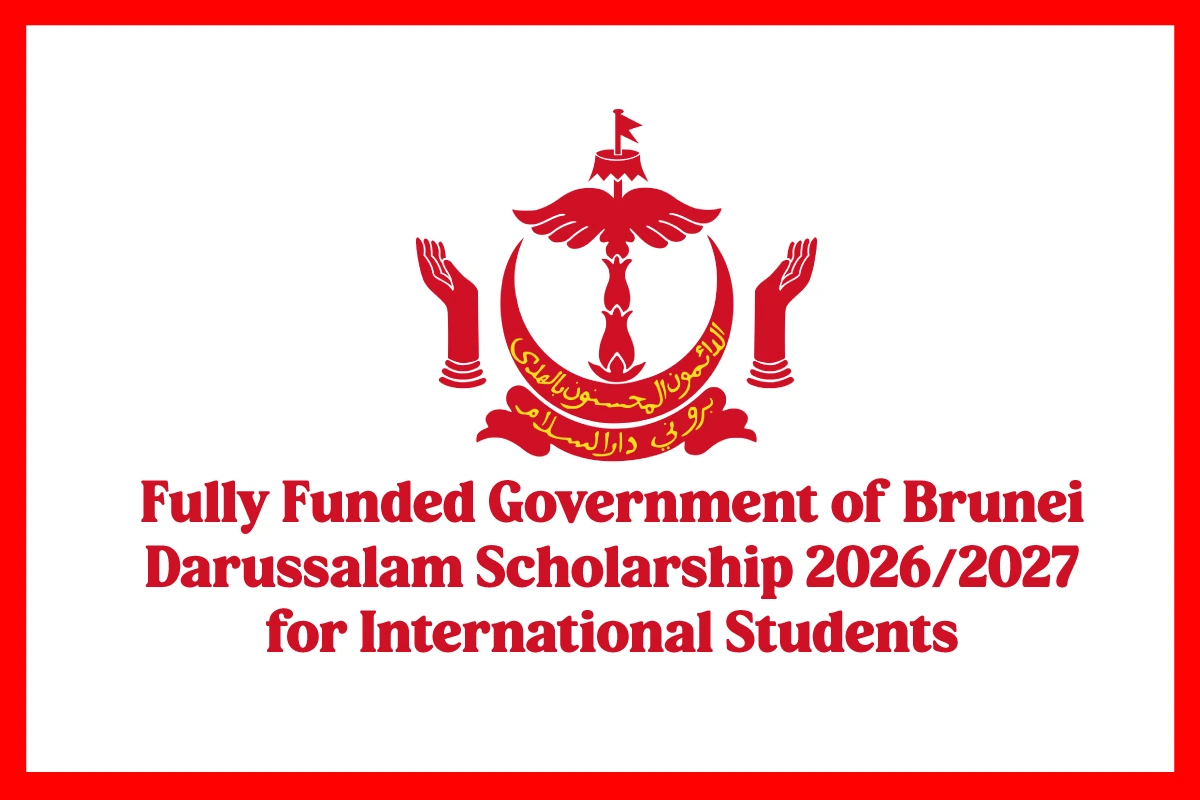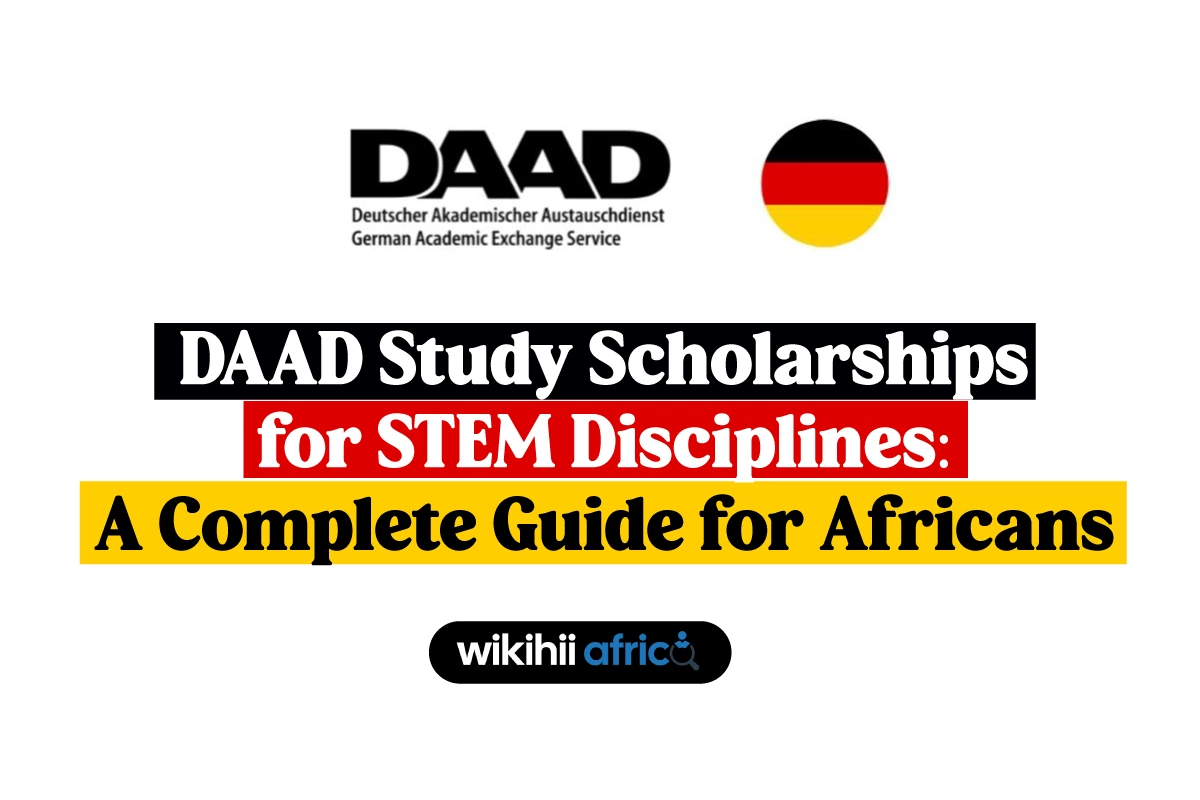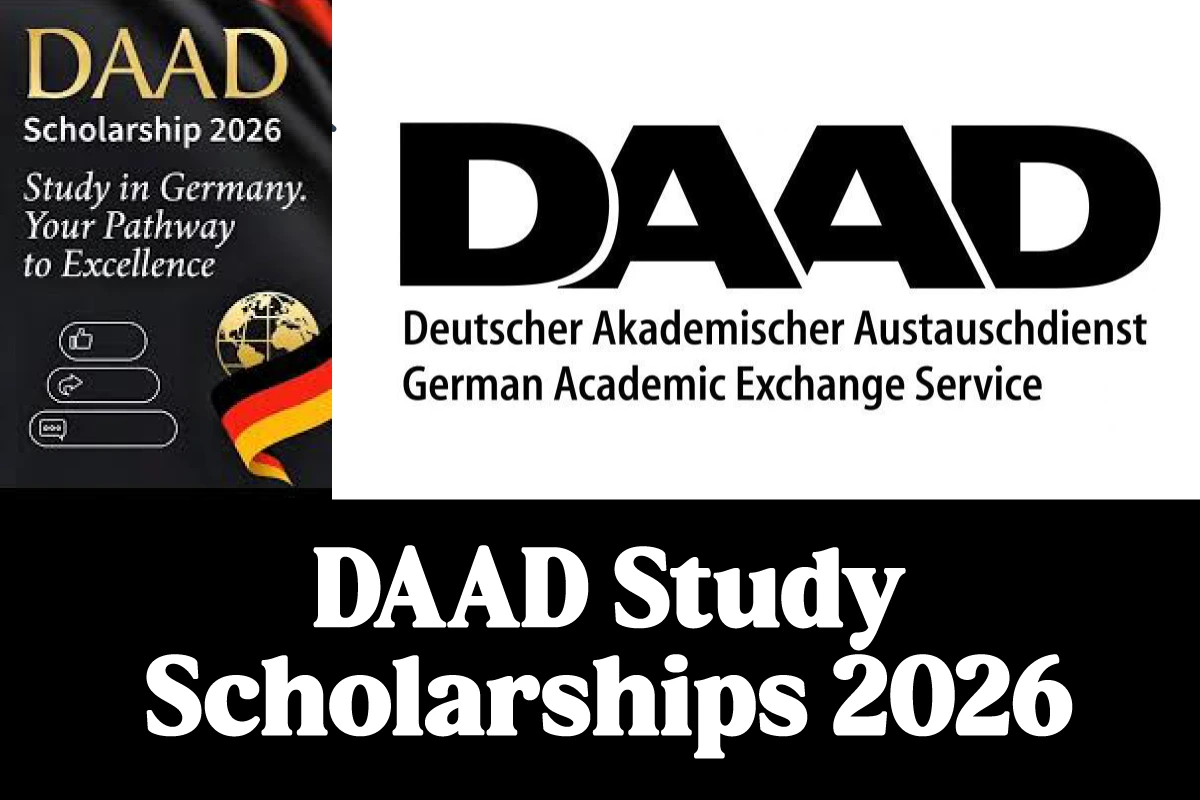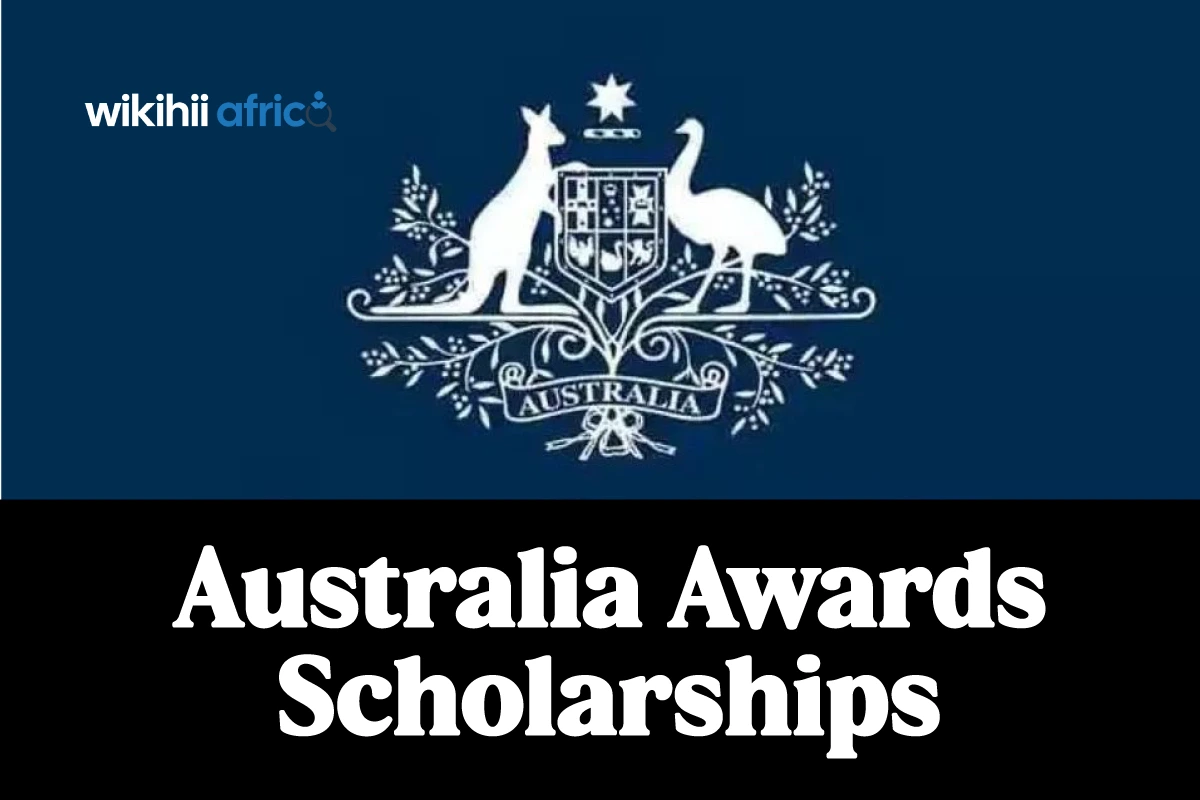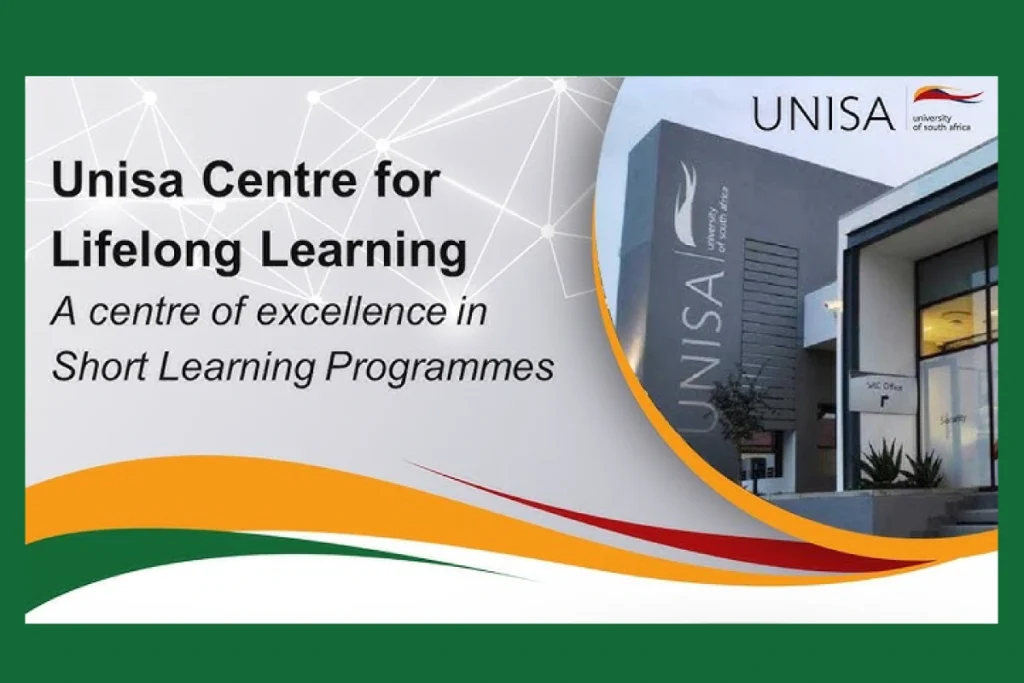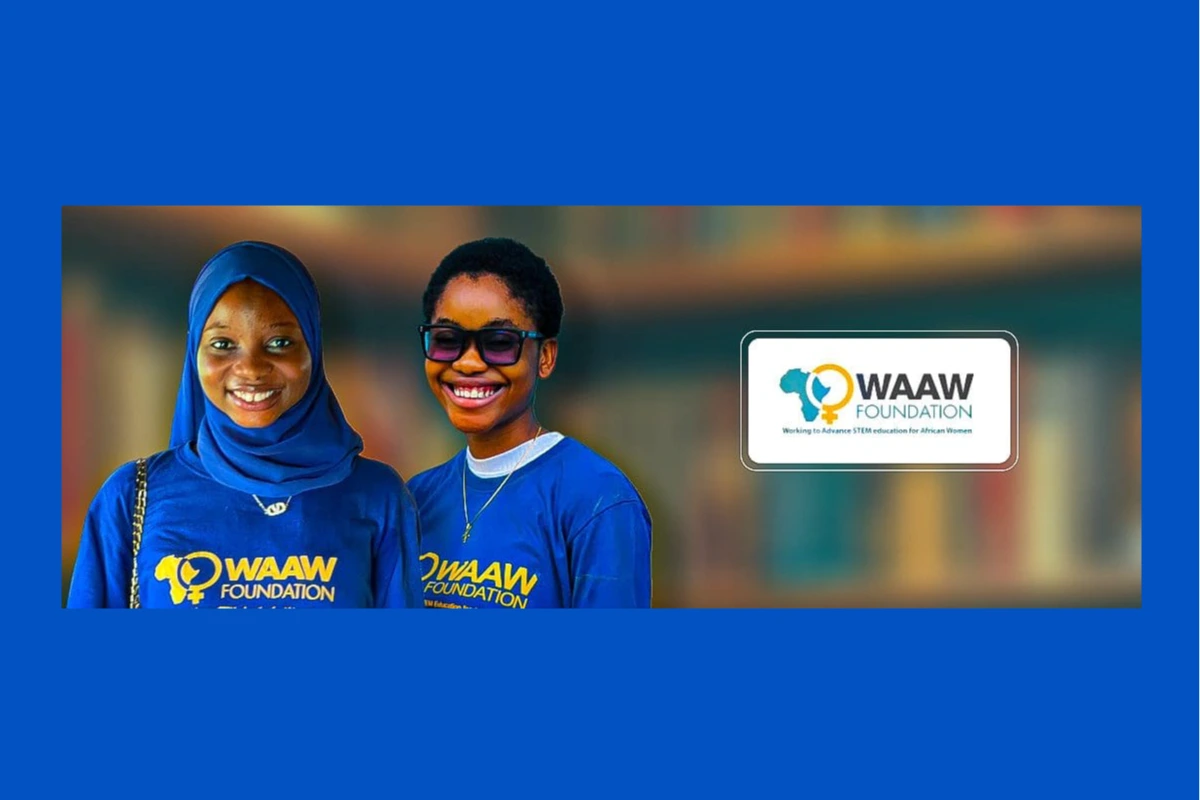MTN Foundation/MUSON Music Scholarship 2025/2026: How South African Musicians Can Apply (Dates, Requirements & Tips)
Great news for aspiring African musicians: applications are open for the MTN Foundation/MUSON Diploma in Music Scholarship for the 2025/2026 academic year. This is a prestigious, two-year, full-time conservatoire-style programme hosted by the Musical Society of Nigeria (MUSON) in Lagos, delivered with funding from MTN Foundation. Below is a clear guide—tailored for South African readers—covering eligibility, dates, what to expect in the entrance exams, and smart ways to prepare.
For more curated opportunities and updates, see our music scholarships & careers coverage on Wikihii, and join our alerts on Wikihii Updates (WhatsApp Channel).
Why this scholarship matters (and who it’s for)
The MTN–MUSON partnership gives talented young musicians access to world-class training aligned to international conservatoire standards. Graduates emerge with an internationally recognised diploma, strong ensemble experience (choir/orchestra/band), and the technical foundation to articulate into degree programmes or professional work.
- Majors offered: Piano, Organ, Violin, Viola, Cello, Double Bass, Flute, Clarinet, Saxophone, Trumpet, Trombone, Percussion, Classical Guitar, Voice.
- Structure: 2-year full-time diploma; all students participate in choir; strings join orchestra; winds/percussion join band; plus a required instrument minor outside your major family.
- Funding: Admitted diploma students are funded through MTN Foundation support administered with MUSON.
Key dates & timeline (2025/2026)
- Applications window: 14 July – 25 August 2025 (online via MUSON’s Diploma School page).
- Entrance examinations (Lagos): 2 – 5 September 2025
- 2 September: Written Music Theory test (approx. Grade 5) & general music knowledge.
- 3–5 September: Practical audition on your major instrument/voice (Grade 5+ standard) before a faculty jury.
Admission & academic requirements
Minimum school-leaver credentials
- Five (5) O-level credits including English (e.g., GCE O/L or SSCE), obtained in no more than two sittings.
Music proficiency
- Practical: Grade 5 (or higher) pass from MUSON, ABRSM, Trinity, or another examining body recognised by MUSON.
- Theory: Grade 5 (or higher) pass from MUSON or a recognised examining body.
- Special note: exceptionally strong performers who lack the theory certificate may be admitted on condition they pass a remedial theory course in Year 1.
New for this cycle
- Valid JAMB result is required for admission into the 2025/2026 diploma intake.
Interpretation for South Africans: because JAMB is Nigeria’s university/tertiary entry exam, this intake is effectively geared to candidates who have sat JAMB (typically learners studying in Nigeria). If you’re based in South Africa and have not written JAMB, see the “Alternatives for South Africans” section below.
How to apply (step-by-step)
- Confirm your eligibility: ensure you meet the O-level credits, Grade 5 theory and practical, and the JAMB requirement.
- Prepare documents: school-leaver certificates, theory/practical certificates, government ID/passport, JAMB slip, CV/performance history, and (optionally) a short repertoire list.
- Submit your online application: apply via the MUSON Diploma School portal during the 14 July – 25 August 2025 window.
- Get exam-ready:
- Written: refresh Grade 5–6 theory (keys, harmony, cadences, intervals, rhythms, ornaments, terms).
- Practical audition: prepare 2–3 contrasting pieces (style/tempo), scales/arpeggios to your grade, and basic sight-reading/aural.
- Attend in Lagos: written test on 2 Sept; audition 3–5 Sept. Keep time, carry your ID, repertoire list, and any accompaniment/backing requirements as instructed.
Still researching options? We regularly index top music funding calls—bookmark our Wikihii scholarships & opportunities hub and follow Wikihii Updates on WhatsApp for reminders and last-minute changes.
What to expect if you’re admitted
- Conservatoire-style training with ensemble participation (choir/orchestra/band) and a minor instrument requirement to broaden your musicianship.
- Industry-grade facilities (practice rooms, ensembles, and a modern recording/production studio invested in by MTN Foundation).
- Scholar support: the programme is delivered under MTN Foundation support in partnership with MUSON; always check the current year’s call for the exact benefits and conditions.
Common challenges (and how to navigate them)
- Grade 5 gaps in theory: close the gap with focused workbooks (e.g., ABRSM Grade 5 Theory), past papers, and daily drills; consider a short online bootcamp.
- Audition nerves: rehearse full run-throughs, record yourself, and practise performance entries/bows; prepare one “recovery” piece if a main piece falters.
- Travel logistics: plan Lagos travel early; if you’re coming from outside Nigeria, confirm visa and entry requirements well in advance.
- Budgeting in Lagos: even with scholarship support, factor in living costs, instrument maintenance, and occasional extras (scores, reeds, strings).
Tips for success in the entrance exams
- Written Theory: drill circle of fifths, secondary dominants, cadences, transposition, rhythm dictation, Italian terms, and quick key identification.
- Practical Audition: choose contrasting repertoire (tempo/style/era), polish sight-reading daily, and memorise at least one piece if appropriate to your instrument/voice.
- Aural & Musicianship: practise interval recognition, clapping rhythms, and short melodic playback; sing in choir regularly to strengthen pitch and blend.
- Presentation: bring clean scores, dress smartly, arrive early, and introduce your programme clearly to the panel.
Important note for South African applicants
Because the 2025/2026 intake requires a valid JAMB result, the cohort is primarily oriented to candidates studying in the Nigerian system. If you’re a South African citizen based in SA and have not written JAMB, consider these strong local options while you plan future MTN/MUSON cycles:
- SAMRO Music Creation Support Fund: micro-grants for composers/authors/publishers (members) to create new works.
- National Arts Council (NAC) International Bursaries: funding for undergraduate/post-graduate arts study (including music) abroad.
- SAMRO & partner bursaries/awards: annual calls for composition, performance, and industry training.
If you do qualify and intend to study in Nigeria: budget time for a Nigerian student visa (R7A) and ensure your admission letter and financial proofs meet immigration requirements.
Useful official resources
- MUSON Diploma School – Apply & Admission Details
- MTN Nigeria – MTN MUSON Music Scholars Programme
- Nigeria Immigration – Student Visa (R7A) information
- SAMRO – Music Creation Support Fund
- National Arts Council of South Africa – International Bursary Call
Conclusion
The MTN Foundation/MUSON Diploma in Music is one of the continent’s most respected entry points into professional classical/contemporary music. If you meet the 2025/2026 requirements—especially the JAMB prerequisite—apply before 25 August 2025 and prepare thoroughly for the 2–5 September entrance assessments. If you’re a South African musician outside the Nigerian system, target local funding (SAMRO, NAC) now while you plan a longer-term path into West African conservatoire study. Don’t forget to follow Wikihii Updates on WhatsApp for fast alerts and last-minute changes.
Check all available opportunities here:
Scholarships
Return to our Homepage to explore more student guides and opportunities:
Homepage


